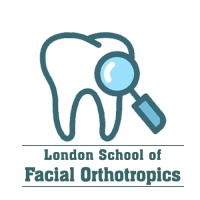

Author(s):
Tooth decay, also known as dental caries, remains one of the most prevalent chronic diseases globally, affecting individuals of all age groups. It is a significant public health concern that not only causes pain and discomfort but also leads to functional impairments, aesthetic concerns, and economic burden. Preventing tooth decay and enhancing oral hygiene practices are critical components of public health strategies aimed at reducing the prevalence of oral diseases. This paper explores the causes, risk factors, and prevention strategies associated with tooth decay, with a particular focus on the importance of oral hygiene practices. We discuss evidence-based interventions, including the use of fluoride, dietary modifications, regular dental check-ups, and the adoption of effective oral hygiene habits such as brushing and flossing. Additionally, we explore the role of education and public health campaigns in promoting these practices. By synthesizing current research, this paper highlights effective approaches for preventing tooth decay and improving overall oral health outcomes.